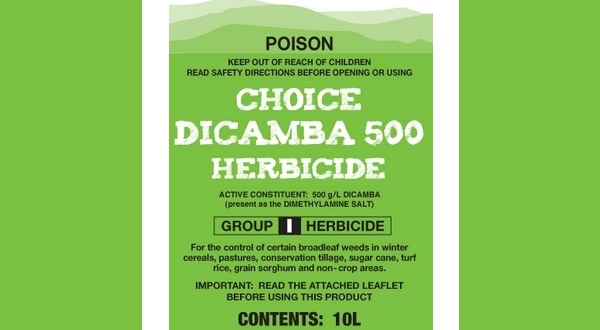
LITTLE ROCK, Ark. (AP) – An Arkansas panel set a cutoff date for farmers to spray an herbicide next year but abandoned two proposals that critics said would be too expensive.
The Arkansas State Plant Board voted in a public hearing Wednesday that farmers have until May 25 to spray dicamba. The board also allowed the use of dicamba through May 25 this year, the Arkansas Democrat-Gazette reported.
Opponents argued for an April 15 cutoff date to protect other crops and native vegetation.
Terry Fuller, a board member who represents the Arkansas Seed Growers Association, voted against the proposed regulation. He said it doesn’t reflect public sentiment for an earlier cutoff date, increasing the likelihood of dicamba damaging nearby crops that arent dicamba tolerant.
But some farmers said they wanted a longer period to spray, at least deeper until June, when pigweed, now resistant to other herbicides, is threatening crop fields.
Danny Townsend, a landscaper, said if he caused plant damage by using discamba, the board would shut him down. “I’d be out of business,” he said, adding that Bayer and other dicamba manufacturers have a responsibility to put out a less volatile product than what have on the market now.
The board also dropped two proposals. One would have required farmers to equip their spray rigs with a GPS device to map the coordinates of any field where dicamba was applied and have the information readily available for Department of Agriculture inspectors. Another rule required farmers to register their dicamba applications online with the agriculture department within 10 days after spraying.
Andrew Grobmyer, of the Arkansas Agriculture Council, said those proposals were too expensive and would duplicate other record-keeping requirements of both the Plant Board and the federal Environmental Protection Agency.
In 2018, Arkansas lawmakers approved banning dicamba. But the Arkansas Supreme Court dismissed the state’s appeal of a judges decision to block the enforcement of the ban earlier this year.
The regulations will now to the governor and lawmakers for review.
WebReadyTM Powered by WireReady® NSI










